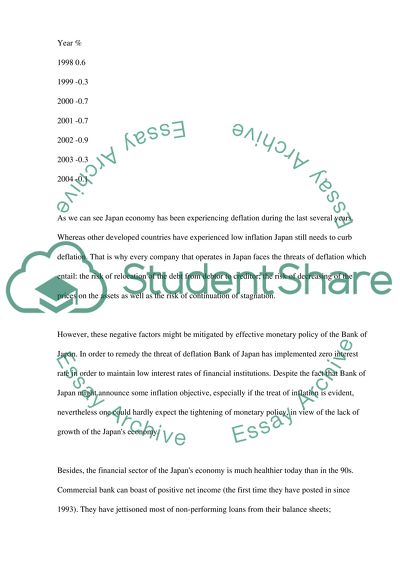Cite this document
(The Japanese Market Analysis for Exxon Mobil Assignment, n.d.)
The Japanese Market Analysis for Exxon Mobil Assignment. Retrieved from https://studentshare.org/marketing/1507546-market-research-report-on-exxon-mobil
The Japanese Market Analysis for Exxon Mobil Assignment. Retrieved from https://studentshare.org/marketing/1507546-market-research-report-on-exxon-mobil
(The Japanese Market Analysis for Exxon Mobil Assignment)
The Japanese Market Analysis for Exxon Mobil Assignment. https://studentshare.org/marketing/1507546-market-research-report-on-exxon-mobil.
The Japanese Market Analysis for Exxon Mobil Assignment. https://studentshare.org/marketing/1507546-market-research-report-on-exxon-mobil.
“The Japanese Market Analysis for Exxon Mobil Assignment”, n.d. https://studentshare.org/marketing/1507546-market-research-report-on-exxon-mobil.


